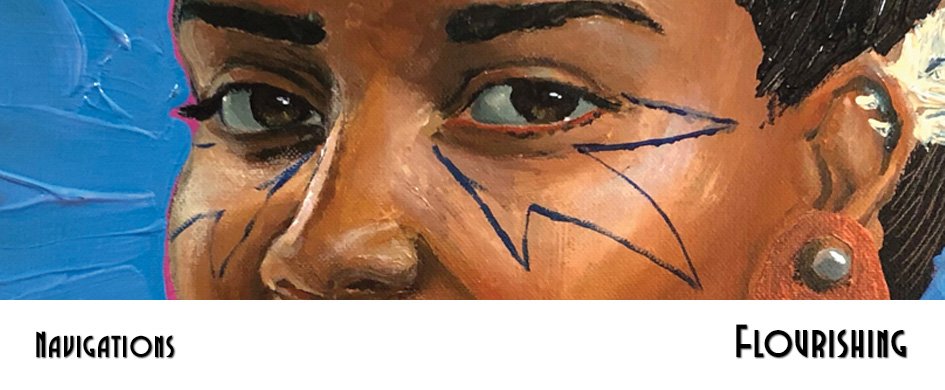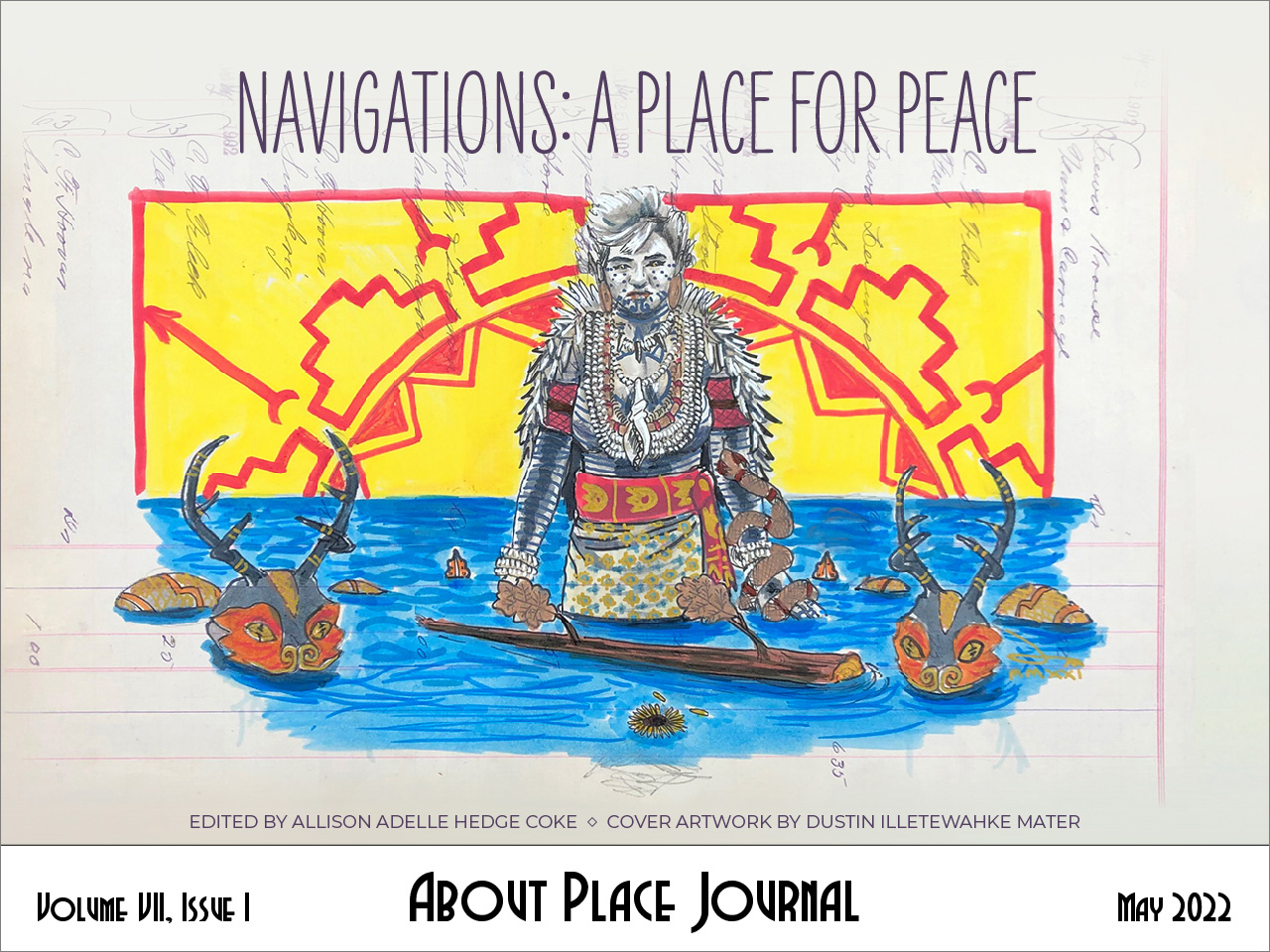having cleared those we were given
cut the sky from our feet.
We knew how to swim once.
Must every daily siting become ordinary?
the deer, the elk, the canary, the fox—
these days I am only stopped by predators
along the highway, on power lines and in fields
for selling.
Maybe there were three of us. Maybe
there were three hundred. They told us
we needed seeding.
I have a slip of sand from a
home I don’t carry when I travel:
this too will be taken. this too buried. Take
instead the smooth white stone that could be axe
or back scavenged from the guarded
beach
maybe a tooth—always a tooth
(I am writing them into the surface
like a skin, because)
the truth is the stone I carry
is too soft and shiftless. There were more
in the water there were others but
I shied from the weight—enough
to bring small wings down
the body a risk soft
under pressure.
![]()
I’m trying to tell you
a red sky is a sign
you know instinctively.
Still we believe in mountains
insist on their promise
(in every falling story we survive
the higher ground).
Still we dig up teeth.
Still we plant the seed
insist we will grow.


